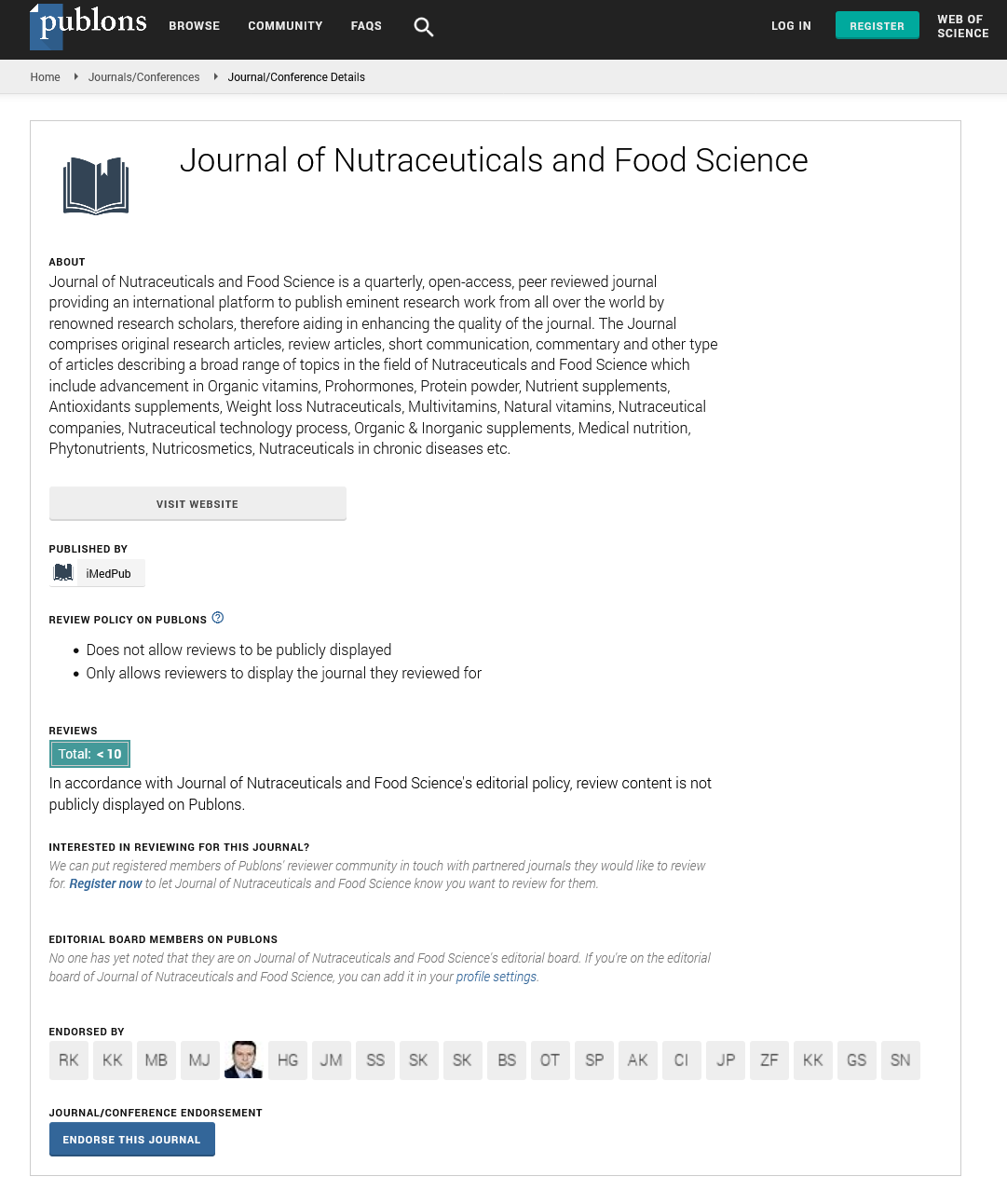Abstract
Design of new gluten-free extruded rice snack products supplemented with fresh vegetable pulps
There is a growing market for extruded sweet or savory snacks. At the same time, there is a strong focus on the possibility to save water and energy in the food production sector (Food Industry Sustainability Strategy 2006). The addition of pulp from fresh vegetables is not only for the development of new types of products, but also allows significantly reduce the consumption of water and energy during processing what is the result of omitting the drying step. The aim of this study was to obtain ready-to-eat gluten-free snack products based on rice with addition of fresh beetroot, carrot, kale, leek and onion pulps in amounts 2.5, 5.0, 7.5, and 10.0%. Snacks were processed by extrusioncooking at various screw speeds (80, 100 and 120 rpm). The total phenolics content, processing efficiency, specific mechanical energy, expansion ratio, bulk density, colour and texture profile were determined. The results showed that type and amount of added vegetable pulps had significant effect on total phenolics content, expansion ratio, bulk density and colour profile of the new produced gluten-free snacks. The screw speed had significant effect on processing efficiency, and the interactions between content of vegetable additives and screw speed had significant effects on total phenolics content, processing efficiency, physical properties and texture of snack products. The research showed the possibility of using fresh vegetable pulps as nutritionally valuable ingredients in gluten-free extruded snacks.
Author(s):
Tomasz Oniszczuk
Abstract | Full-Text | PDF
Share this

Google scholar citation report
Citations : 393
Journal of Nutraceuticals and Food Science received 393 citations as per google scholar report
Journal of Nutraceuticals and Food Science peer review process verified at publons
Abstracted/Indexed in
- Google Scholar
- Publons
- Secret Search Engine Labs
Open Access Journals
- Aquaculture & Veterinary Science
- Chemistry & Chemical Sciences
- Clinical Sciences
- Engineering
- General Science
- Genetics & Molecular Biology
- Health Care & Nursing
- Immunology & Microbiology
- Materials Science
- Mathematics & Physics
- Medical Sciences
- Neurology & Psychiatry
- Oncology & Cancer Science
- Pharmaceutical Sciences


